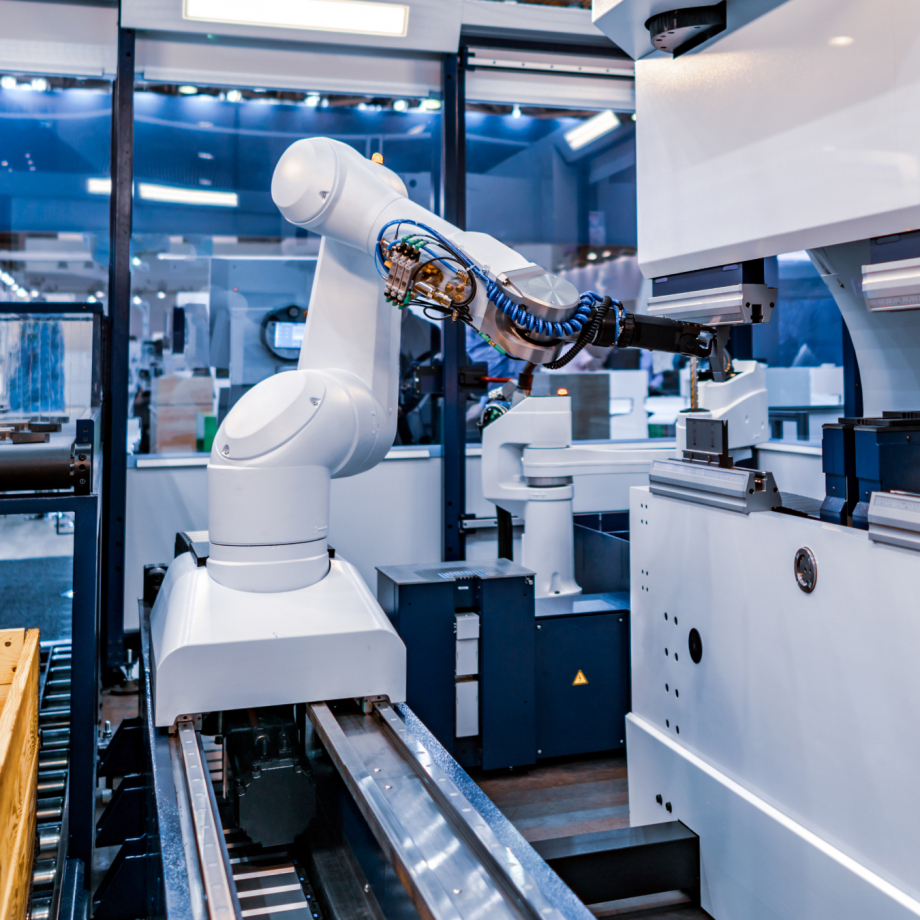Market vs. Industrial: Understanding the Key Differences
2 min read
As a business professional, it is important to understand the differences between market and industrial. While the two terms may seem similar, they refer to distinct segments of the economy. In this article, we will explore the key differences between market and industrial, and how they impact businesses.
Market refers to the buying and selling of goods and services between consumers and businesses. It is a broad term that encompasses a wide range of industries, including retail, hospitality, and healthcare. Market is driven by consumer demand, and businesses must adapt to changing consumer preferences in order to remain competitive.
Industrial, on the other hand, refers to the production and distribution of goods and services between businesses. It is a more specialized term that includes industries such as manufacturing, construction, and transportation. Industrial is driven by the needs of businesses, and companies must focus on efficiency and cost-effectiveness in order to succeed.
One of the key differences between market and industrial is the nature of the customer. In market, the customer is the end consumer, while in industrial, the customer is another business. This has significant implications for marketing and sales strategies. In market, businesses must focus on building brand awareness and creating a strong customer experience. In industrial, businesses must focus on building relationships with other businesses and providing value through cost-effective solutions.
Another difference between market and industrial is the level of competition. Market is typically more competitive, as there are often many businesses competing for the same customers. This can lead to price wars and a focus on differentiation through branding and marketing. Industrial, on the other hand, is often less competitive, as there are fewer businesses operating in each industry. This can lead to a focus on efficiency and cost-effectiveness, as businesses must find ways to differentiate themselves through their products and services.
Finally, the regulatory environment is often different between market and industrial. Market is often subject to consumer protection laws and regulations, while industrial is subject to environmental and safety regulations. This can impact the way businesses operate and the types of products and services they offer.
In conclusion, understanding the differences between market and industrial is essential for businesses looking to succeed in today's economy. While the two terms may seem similar, they refer to distinct segments of the economy with different customer bases, levels of competition, and regulatory environments. By understanding these differences, businesses can develop effective strategies for marketing, sales, and operations.
